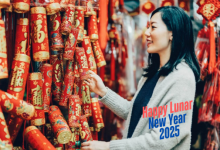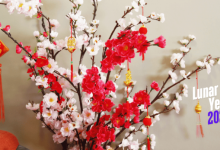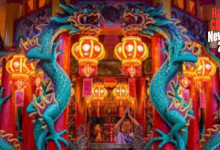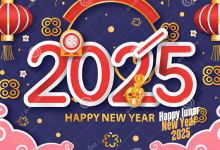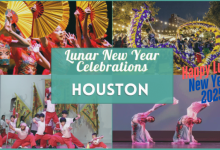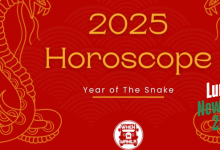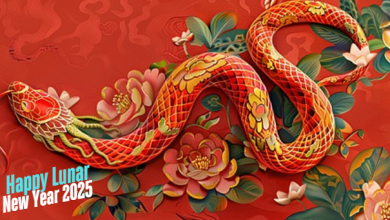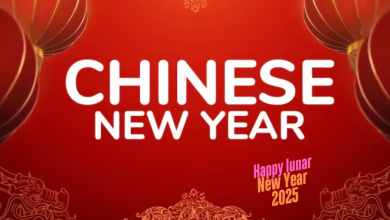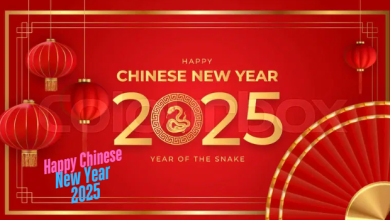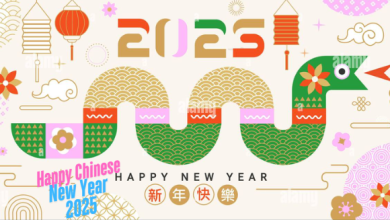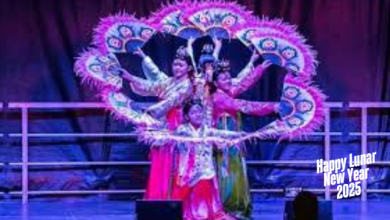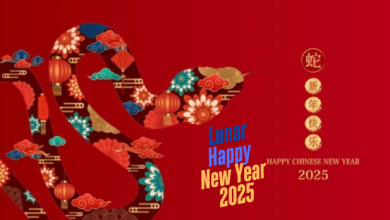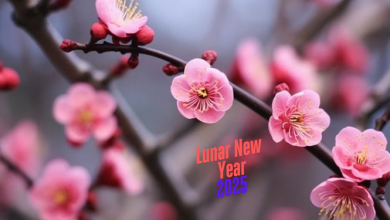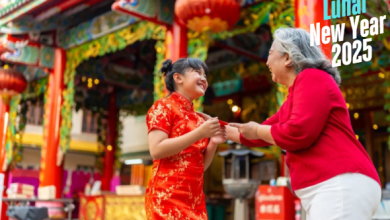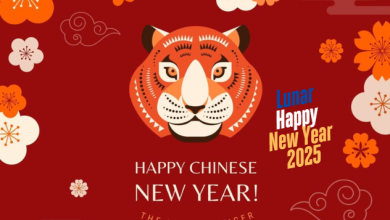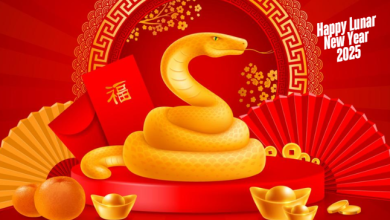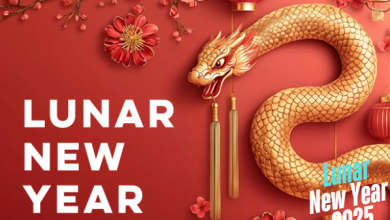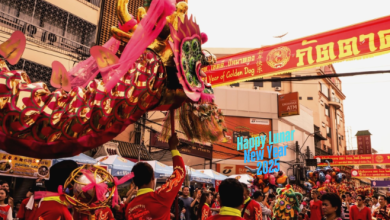Is Lunar New Year Japanese 2025
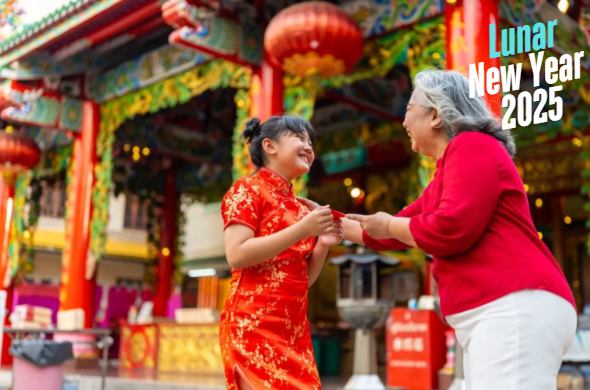
Lunar New Year is one of the most significant festivals in many Asian cultures, such as those of China, Vietnam, and Korea, but it often raises the question: Is Lunar New Year celebrated in Japan? The answer is both simple and nuanced. While Japan once observed the Lunar New Year, it no longer does so officially. However, the history, cultural intersections, and modern globalization have brought about a resurgence of Lunar New Year awareness in Japan. In 2025, as the Lunar New Year arrives on January 29th, it’s worth exploring the historical context, current practices, and how Japan interacts with this globally celebrated holiday.
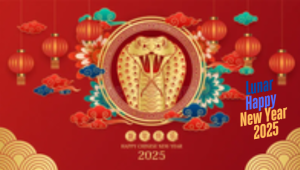
Japan’s Transition from the Lunar to the Gregorian Calendar
Historically, Japan celebrated the Lunar New Year just as its neighboring countries did. The Japanese calendar was based on the lunar system, and the festivities mirrored those of China, with rituals, family gatherings, and symbolic foods playing a central role. This changed in 1873, during the Meiji Restoration, when Japan adopted the Gregorian calendar as part of its modernization efforts and departure from traditional systems. As a result, the Lunar New Year was replaced by the celebration of Shōgatsu (正月), or New Year’s Day, on January 1st.
This shift marked a significant cultural divergence between Japan and other East Asian nations. Shōgatsu quickly became the primary New Year celebration in Japan, complete with its own distinct customs and traditions, such as eating osechi ryōri (traditional New Year’s foods), visiting shrines, and participating in hatsumōde (the first shrine visit of the year). Over time, the Lunar New Year faded from mainstream Japanese life, although some remnants of the celebration persisted in smaller communities.
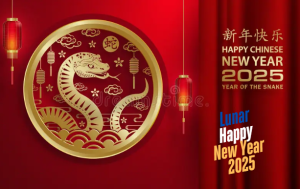
The Influence of Chinese and Korean Lunar New Year in Japan
Despite the historical shift, the Lunar New Year is not entirely absent from Japanese society. Japan is home to significant Chinese and Korean communities, particularly in cities like Yokohama, Kobe, and Nagasaki, where Lunar New Year is celebrated with enthusiasm and cultural pride. These areas, often referred to as Chinatown districts, become vibrant hubs of festivities during the Lunar New Year period.
In Yokohama Chinatown, for example, the Lunar New Year is celebrated with traditional lion and dragon dances, lantern displays, and fireworks. The streets are lined with stalls selling festive foods, and the air buzzes with the excitement of cultural performances. Similarly, Kobe’s Chinatown (Nankinmachi) hosts lively events, drawing locals and tourists alike. These celebrations provide a glimpse into the richness of Lunar New Year traditions and offer an opportunity for Japanese citizens to engage with neighboring cultures.
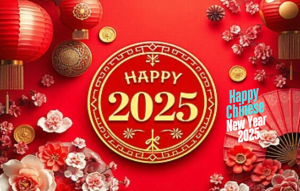
Globalization and the Resurgence of Lunar New Year Awareness
In recent years, globalization and the increasing visibility of Asian cultures have rekindled interest in Lunar New Year among younger Japanese generations. Popular media, such as Chinese dramas, Korean music, and international social media platforms, have introduced the significance and traditions of Lunar New Year to a broader audience in Japan. Moreover, the rise in tourism from China and other East Asian countries has brought Lunar New Year celebrations to Japanese businesses and cultural events.
Many department stores, restaurants, and tourist attractions in Japan now recognize the Lunar New Year as an important time for visitors from abroad. Special promotions, decorations, and events are organized to cater to international travelers during this period, particularly in tourist-heavy cities like Tokyo, Kyoto, and Osaka.
Additionally, Japanese interest in the Chinese zodiac has persisted, even though it’s no longer tied to the Lunar New Year. The zodiac animals are prominently featured in traditional art, temple decorations, and even commercial products, aligning with the theme of the coming year—in 2025, the Year of the Snake.
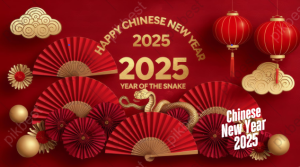
Regional Celebrations and Cultural Exchange
In some regions of Japan, traces of Lunar New Year traditions have survived, particularly in areas with historical ties to China. For instance, Nagasaki celebrates the Lantern Festival, a stunning event that coincides with the Lunar New Year. This festival features elaborate lantern displays, cultural performances, and parades, drawing visitors from across the country and abroad. It serves as a bridge between Japan’s past Lunar New Year observances and its modern identity.
The Ryukyu Islands (Okinawa) also hold unique ties to the Lunar New Year. As a former independent kingdom with close cultural and trade ties to China, Okinawa retains some traditions linked to the lunar calendar. In some communities, rituals to honor ancestors and celebrate the new year based on the lunar calendar are still practiced.
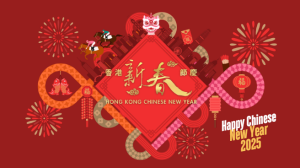
The Role of Shōgatsu in Modern Japan
While Lunar New Year is not an official holiday in Japan, Shōgatsu remains a deeply significant time of year for Japanese people. Many of the customs associated with Shōgatsu—cleaning homes, eating traditional foods, and visiting temples—share similarities with Lunar New Year traditions in other countries. This overlap underscores the shared cultural roots of East Asian civilizations, even as each country has developed its unique expressions of the new year.
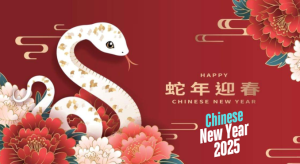
Lunar New Year in Japan in 2025
Although Japan no longer officially celebrates the Lunar New Year, its history and multicultural communities ensure that the festival remains a part of the country’s cultural landscape. In 2025, as the Lunar New Year ushers in the Year of the Snake, Japan will likely see celebrations in Chinatowns, regional festivals, and through the growing appreciation for cultural exchange.
For visitors or locals curious about Lunar New Year in Japan, destinations like Yokohama, Kobe, and Nagasaki offer a vibrant experience of this ancient tradition. At the same time, the Japanese celebration of Shōgatsu continues to honor the spirit of new beginnings in its own distinct way, blending modernity with deeply rooted customs. Together, these parallel traditions paint a rich tapestry of cultural diversity and shared heritage across East Asia.
